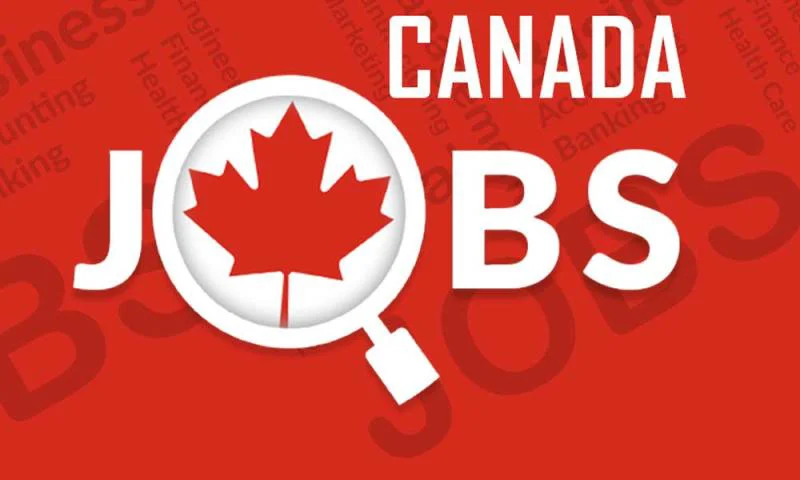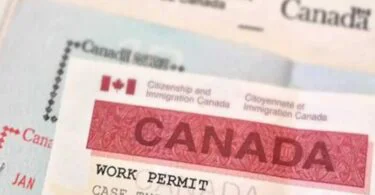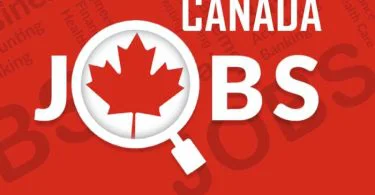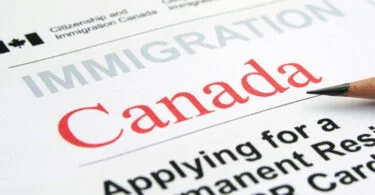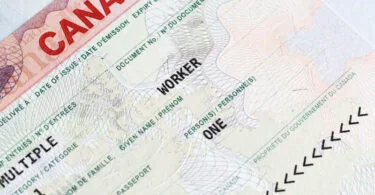Going on a trip or relocating to Canada from any nation worldwide is often a realized dream. It is overwhelming to relocate to a comfortable and thrilling country such as Canada; however, if your papers are not in English or French, there is little work to be done.
Ways to obtain translated documents for immigration to Canada should never be an issue. This article is all you need to understand about translating your documents and the stages to execute them. You will understand how to translate your documents in this article and how to select the most appropriate translator to translate your papers.
Table of Contents
Document Translation
Translation of a document is the procedure of translating documents from one language to another language by an expert. The languages in Canada include French and English. Therefore, if you possess a document in another language apart from these two languages mentioned, you must get it translated into one of the official languages of Canada. Understand that the translation has to be of the original paper or a qualified copy of the original paper.
Having your papers translated and adequately stamped by a qualified translator is essential. However, you are not required to translate a document if it is already written in English or French, even if your application is in another language. For example, if you fill out an application in French. You can also support it with an English document.
Canadian Immigration Translation
Translation of documents is essential. You will be required to offer translation of your official document into French or English when applying for PR or relocation. Presenting papers to accompany your application is essential to relocating to Canada. Documents, which include marriage credentials, degrees, birth certificates, or illegal history, are necessary for your application.
Most importantly, if you are applying for PR using Express Entry, work permits, family sponsorship, and other relocation ways, you must offer accompanying documents. Furthermore, suppose your documents are in other languages. In that case, you have to support them with an official translation with a stamp, seal, or any other component that shows up on the original documents. The information, such as the translator’s name and signature, must appear on the document.
Selecting a Translator
A qualified translator is a person on reasonable grounds whose credentials can be verified by a stamp or a signature. The signature or seal belonging to your translator has to exhibit the membership code of an expert translation group in Canada or overseas. If the stamps and signatures are not written in French or English, your translator must translate them.
How to Know if Your Translator is Eligible
It is essential to obtain the translation of your papers and ensure your translator is qualified. If your translator is yet to get accreditation or qualifications but is receiving, it will not be regarded by Immigration, Refugee, and Citizenship Canada as a qualified translator.
You should use a qualified translator with a suitable standing with the territorial or regional organization and is definitive in translating documents if this is carried out in Canada. However, assuming you are translating your documents overseas rather than in Canada, you have to use the service of a translator who has legal identification in the nation where you will perform your document translation.
Attributes of a Good Translator
Every document translator must satisfy excellent attributes and be explained in the following:
- Must be factual at translating
- Should understand vocabulary phrases.
- Must observe the translation protocol accurately
- It has to be accurate, honest, and impartial.
- Ensure to attach everything, which also includes adding new text
- Translate every phrase, even if it does not connect or partner with the primary subject.
- Should not declare an opinion
The “Do Not” of Document Translation
The translation of documents for Canadian immigration is relatively simple; however, some “do not” do this translation.
Should you find this piece engaging, we kindly invite you to explore the wealth of content in our other articles:
- Top Most Livable Cities in Canada
- Canada Introduces Temporary Measures to Support Those Affected by the Israel-Hamas Conflict
- How To Apply For Permanent Residence In The United Kingdom
- Two Canada Immigration Programs Opening to New Candidates in 2024
- Canada Declares New Measures to Tackle Housing Crisis and Rising Grocery Prices
- You are not required to translate your document yourself.
- No family relative should translate your document for you.
- Neither should your consultant or representatives translate your document for you.
- If you have any relative who is a translator or notary, they should not translate your document. This involves siblings, parents, common-law partners, cousins, or relatives.
In the situation where the validity of your translator document is doubted, you might be requested to translate your document by a varied translator, and Immigration, Refugee, and Citizenship Canada will not be accountable for the translation payment.
If a Non-Eligible Translator Translates Documents
In a case where a qualified translator was not hired to translate your papers, while you hire a non-qualified translator, you have to support your document with a testimony that swears to the validity of the language skills and translation of the translator.
Testimony
A testimony is a paper that declares that the authentic text possesses a valid translation. It carries the translator’s witness that the translation is correct and accurately represents the original document’s content.
The testimony is often before a commissioner who can serve oaths in any nation where you settle. To serve the oaths, the notary public or the commissioner has to be skilled in French or English. Listed are the persons who can swear a testimony.
- A commissioner of taking testimony or affidavit
- A commissioner of oaths
- A notary public
Ways to Get Translated Documents for Canadian Relocation
Undoubtedly, you are not required to get disturbed concerning the ways to obtain translated documents for relocation to Canada if you observe these stages offered in this manual. There exist three stages to translating your document from any other language to one of the official languages of Canada.
- Present your document: The first step is to present your valid documents for translation in Canada or the nation you currently live in. Understand that if you cannot obtain a qualified translator, your documents must be supported by a testimony from a high commissioner who knows English or French.
- Translation of documents: Next, a phrase-by-phrase translation of your document is vital, posing the qualification of the translator, which could be in the form of a stamp signature or testimony if the translator does not have certificates. While translating the documents, the translator is required to concentrate on:
- Setup and presentation
- Spelling and punctuation
- Usage of tense
- Syntax
- Grammar
- Character
- Tautology
- Collocation
- Applicable register
- Applicable use of terminology
- Additions and omissions
- Appropriate transfer of content.
- Editing and proofreading: The last stage of translating your papers is proofreading and editing the documents. You should permit another translator to review the document’s context, validity, grammar, syntax, and punctuation. The setup revision of your paper will take place before the translators forward the documents to you for acceptance.
Documents that Usually Require Translation
Some documents are essential for your application to relocate to Canada and, therefore, require a translation. Most of the necessary documents to be translated for IRCC include:
- Certificate of birth, death, marriage, and divorce if applicable.
- Employment reference letters
- Police clearance credentials
- Police history
- Degree certificates
- Invitation letters
- Relocation documents
- Judgments
- Educational papers
- Adoption papers
